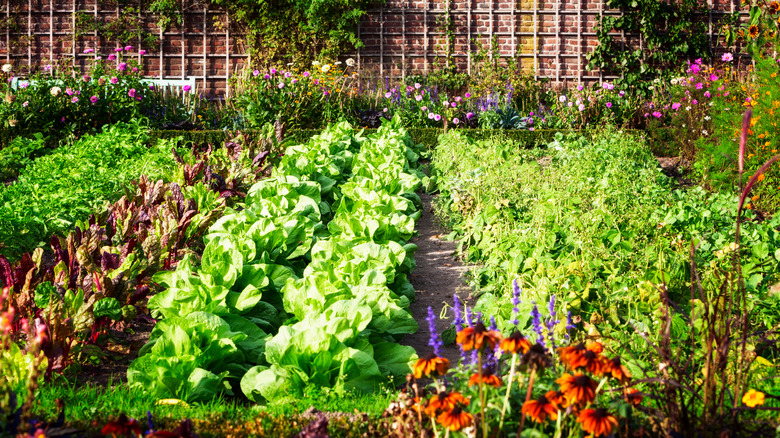Introduction
A flourishing garden is the pride of any gardener, but making your garden grow better requires more than just planting seeds and watering occasionally. Understanding the fundamental principles of soil health, plant care, and sustainable gardening practices can transform your outdoor space into a vibrant, productive oasis. In this article, we will explore proven strategies to enhance your garden’s growth, backed by expert advice and research. Whether you’re a beginner or looking to refine your skills, these actionable insights will help you achieve a thriving garden year-round.
Understanding Soil Health: The Foundation of a Thriving Garden
Why Soil Quality Matters
Healthy soil is the cornerstone of successful gardening. Soil provides essential nutrients, water retention, and a supportive environment for roots. Without nutrient-rich, well-structured soil, plants struggle to grow and resist diseases.
How to Improve Your Soil
- Test Your Soil: Conduct a soil test to determine pH levels and nutrient content. Most plants prefer a slightly acidic to neutral pH (6.0-7.0).
- Add Organic Matter: Incorporate compost, aged manure, or leaf mold to boost fertility and improve soil texture.
- Use Mulch: Mulching conserves moisture, regulates soil temperature, and suppresses weeds.
Research shows that gardens with high organic matter content can increase plant growth rates by up to 30%, highlighting the importance of regular soil amendments.
Choosing the Right Plants for Your Garden Environment
Match Plants to Your Climate and Soil
Selecting plants suited to your local climate and soil conditions reduces maintenance and increases success.
- Consider native plants that are adapted to local pests and weather.
- Use drought-tolerant species in areas with water restrictions.
Companion Planting for Natural Growth Enhancement
Certain plant combinations promote healthier growth by improving nutrient uptake or deterring pests.
- Tomatoes and Basil: Basil can repel harmful insects and enhance tomato flavor.
- Carrots and Onions: Onions deter carrot flies, protecting the roots.
Implementing companion planting can reduce the need for chemical pesticides and improve yields.
Efficient Watering Techniques to Boost Growth
Watering Best Practices
- Water deeply but infrequently to encourage strong root development.
- Early morning watering reduces evaporation and fungal risks.
Irrigation Systems
- Drip irrigation delivers water directly to the roots, minimizing waste.
- Soaker hoses provide even watering and are easy to install.
Studies indicate that drip irrigation can save up to 50% more water compared to traditional overhead watering methods, promoting healthier plants and conserving resources.
Pest and Disease Management Without Chemicals
Integrated Pest Management (IPM)
Adopt IPM strategies to monitor and control pests sustainably:
- Regularly inspect plants for early signs of pests.
- Encourage beneficial insects like ladybugs and lacewings.
- Use natural repellents such as neem oil or insecticidal soap.
Preventive Measures
- Rotate crops annually to reduce soil-borne diseases.
- Maintain proper spacing between plants to improve air circulation.
These methods protect your garden’s ecosystem while minimizing chemical dependency.
Enhancing Growth Through Fertilization and Pruning
Smart Fertilization
Use fertilizers judiciously:
- Choose slow-release or organic fertilizers to provide steady nutrients.
- Avoid over-fertilizing, which can harm plants and the environment.
Pruning for Plant Health
- Remove dead or diseased branches to prevent spread.
- Prune to shape plants and improve light penetration.
Expert horticulturists note that regular pruning can increase flowering and fruit production by up to 40%, making it a critical practice for gardeners.
Conclusion
Making your garden grow better involves a holistic approach focusing on soil health, plant selection, efficient watering, sustainable pest management, and proper care techniques. By implementing these expert-backed strategies, you can enjoy a vibrant garden that not only looks beautiful but also thrives naturally. Start today by testing your soil, choosing plants wisely, and adopting watering and pest control methods that nurture your garden’s ecosystem. With patience and care, your garden will flourish season after season, rewarding you with lush greenery and bountiful harvests.
